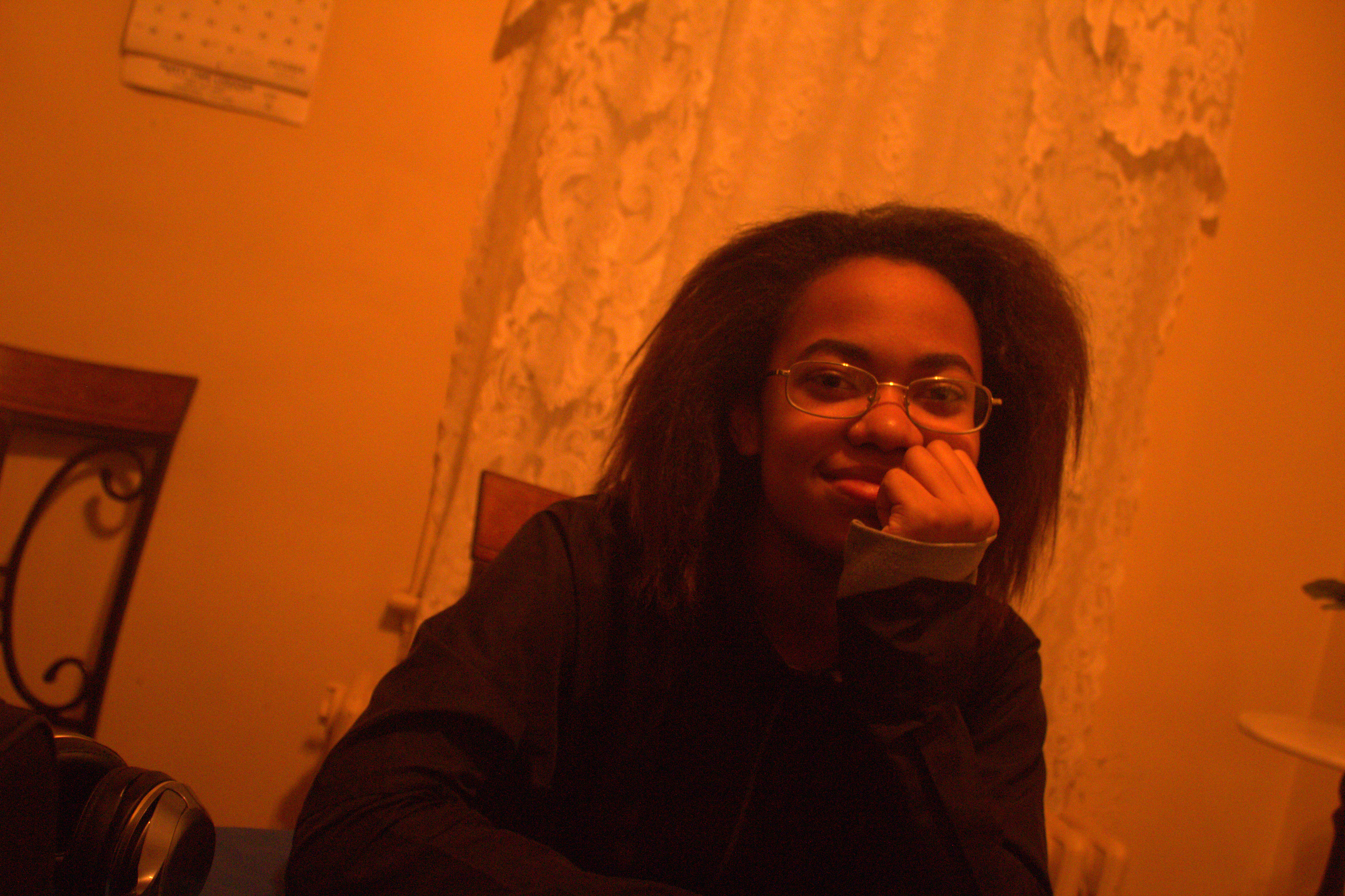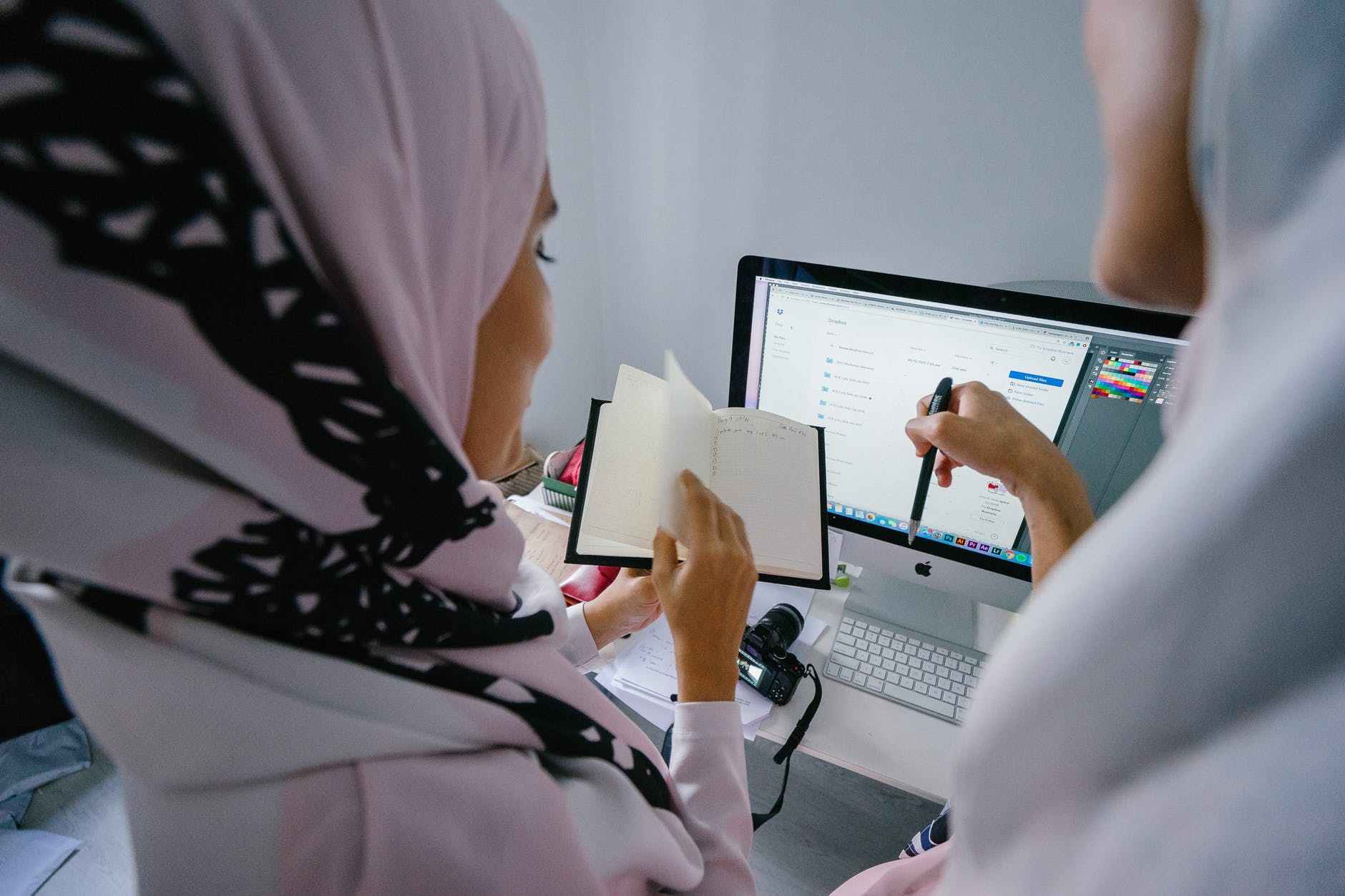By Brionna Wiggins
One day, fifteen years ago, while Karen McDonnell was teaching reproductive health at George Washington University (GWU), a student of hers was absent from the class. While that may not seem out of the ordinary, it was quite strange for this particular student. He was a diligent medical doctor from Guinea who attended the university for a Master’s in Public Health. He never missed a class before. Upon his return, Karen asked him if everything was okay.
He told her that he had almost lost his wife.
His wife had given birth to their first child, but when she was young, she underwent female genital cutting (FGC), and it caused complications during the delivery. No one knew how to properly care for her at the hospital while she delivered, and she nearly bled out. In short, those caring for her were unprepared for her case.
“This isn’t something I was interested in yesterday,” Karen said, alluding to the years she’s spent on this project and reflecting on how far she’s come in understanding FGC. She remembers hearing about it in undergraduate school. Back then, FGC was simply an issue mentioned in passing during class. For the students in her graduate school at that time, it may not have seemed like there was anything to be done about it. “It’s a cultural practice, you can’t change culture. So let’s make it safer,” Karen said the instructors told students. The best solution at the time was medicalization, perhaps even providing clean blades. Karen knew that it still didn’t seem right and didn’t feel comfortable with the idea. The blade may be cleaner, but the potential health issues would remain.
Karen pressed on working at George Washington University, spending decades focusing on domestic violence in her work. But the incident with her student sparked the motivation for advocacy. “That student changed my life in opening my world to [FGC].”
Since then, Karen has worked with the former students and current students to educate others about how to care for those who have undergone FGC. She simply started by talking more in-depth about the practice with her students so they were made aware of the topic. Then two years ago, when the Office on Women’s Health came out with a funding mechanism for a medical project, Karen thought, Finally, we’re getting some attention here! They began working with survivors and RAHMA: a DC-based organization that addresses the stigma around HIV/AIDS in the American-Muslim community, as well as advocates against FGC. The team at GWU was awarded the health-focused funding to do work on a project that would teach other health practitioners how to give provisional care for those who have undergone FGC. Thus started the development of an online toolkit to educate women and healthcare providers on a topic that was once shrouded in secrecy. This toolkit is intended to be easily accessible and resource-filled with proper terminology and answers to questions that aren’t usually asked.
The members of the team include a variety of survivors, advocates, health professionals, and others on-board with the multi-year program. In-depth interviews were conducted for both survivors of multiple countries and health-care providers that worked with survivors. The interviewers asked a myriad of questions: Tell us your experience? How did you get involved? If you had a toolkit, what would you want in there? What would you want providers to know? What do you want women to know?
What’s even better is that women are coming forward with the willingness to share their stories, thanks to increased awareness and support from organizations such as Sahiyo that encourage them to do so. A turning point for these women had to do with their health: they started questioning why they had urinary infections and trauma they’ve carried since childhood. Beginning this conversation was the first step.
The online toolkit is useful for survivors, their doctors, and others in the community. It will have an optimized search and curated content, which ensures that the information is scholarly, reliable, accurate, and useful for the website visitors. While doctors would ideally ask their patients about certain conditions that affect them, this resource can potentially fill in their gaps of knowledge when interacting with their patients. Additionally, the kit would cover essential concepts for survivors to ask health professionals. The team plans to have a community tool section that can be used by men and religious community leaders.
Karen and many others are making a difference by working on this resource for survivors and their doctors. By understanding the complications that accompany their condition, it will ensure they receive proper support.
More on Brionna:
Brionna is currently a high school senior in the District of Columbia. She likes drawing, helping others, and being able to contribute to great causes.

